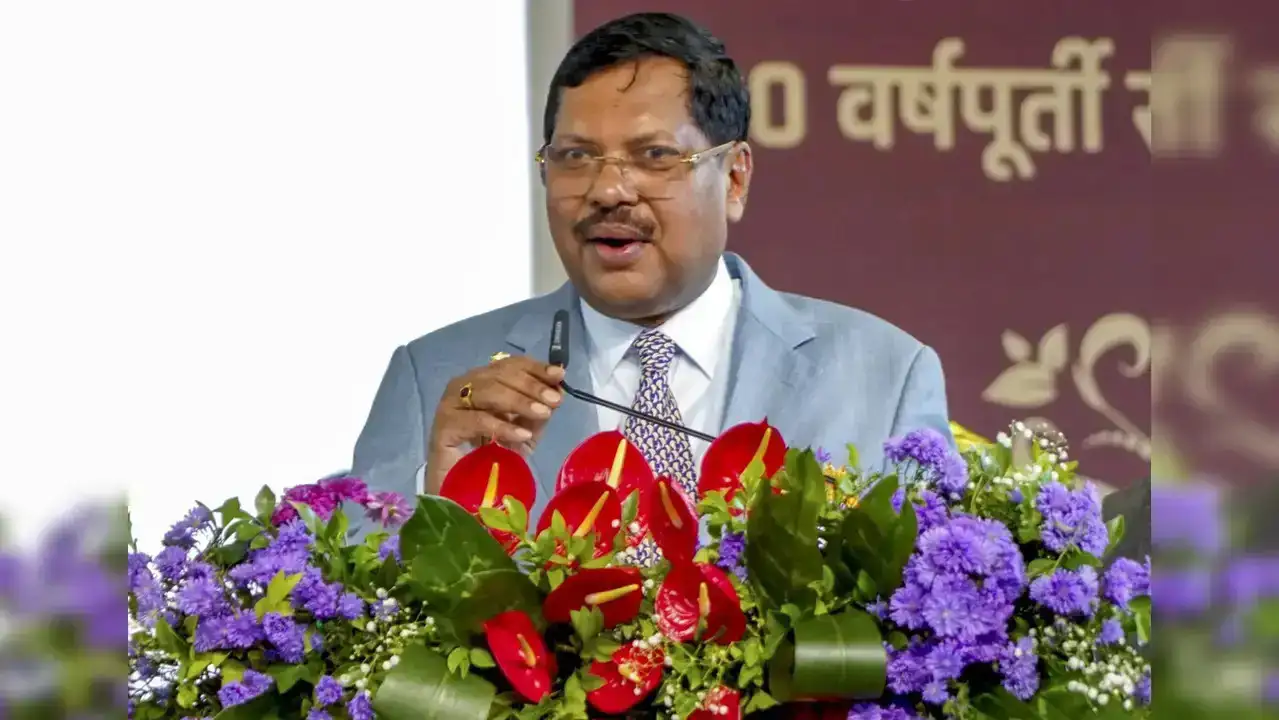Copyright TechStartups.com

When you’re starting a new game company, it’s easy to focus only on building fast, getting users, and launching something cool. That’s the exciting part. One thing too many teams skip, though, is Trust and Safety (T&S). T&S might sound like a boring backend task, but it’s actually a big deal. These days, it’s non-negotiable. If your game doesn’t feel safe, you’ll lose players, hurt your brand, and miss your shot at real growth. Safety = More Players, More Money If people are getting bullied, harassed, or cheated in your game, they won’t stick around. One study showed that 65% of players have quit a game (or thought about quitting) because of toxic behavior. That’s more than half your player base, gone in the blink of an eye. Even if they don’t leave, many will stop spending money. In free-to-play games, that’s a problem. Players are much more likely to make purchases when the game feels fair, respectful, and fun. You can see this clearly in online poker. On sites where people are playing poker online, trust and safety are a top priority. Platforms like these use anti-cheat tech, protect payments, and offer ways to report bad players. Without that, players would leave. The same thing goes for any online game. If people don’t feel protected, they’ll bounce. Game startups also face another challenge: customer acquisition is expensive. Getting someone to try your game costs time and money. So why lose them over something like chat abuse or in-game scams? A small increase in retention (say 5%) can boost profits by a lot. It’s way cheaper to keep good players than to find new ones. If your game gets a reputation for having a toxic community, it can scare off new players, sponsors, and even investors. That’s a tough hole to climb out of, especially for a new studio. Ignoring the Rules Can Cost You Big Safety isn’t just about creating a nice environment for players. It’s also the law. New global rules require online sites and apps, including games, to take care of their users and act quickly against harmful content. Both the EU’s Digital Services Act (DSA) and GDPR require clear rules on how to keep user data safe and moderate material. You could be fined up to 6% of your total revenue if you break those rules. That’s game over for a startup. That’s why lawmakers now expect “Safety by Design,” which means adding trust and safety features to your game from the start instead of after the fact. If you wait too long, you might have to pay a lot to rebuild or even get in trouble with the law. Safer Games Build Better Communities The good news is that people will stick around if they feel safe in your game. They ask their friends to come. They talk about it on the web. Games automatically get more players this way, not just through ads but also through word of mouth. Startups that care about safety can find their place in a market that is already full. As an example, Roblox bought Speechly in 2023 so that it could moderate voice chat on its website. This proved that even big businesses are investing in tools that keep players safe and their online groups healthy. Still, new game companies don’t have to spend a lot of money. Simple tools like “block,” “mute,” and “report” are very useful. Making rules clear and letting people know you’ll punish them when something goes wrong is also important. People are more likely to play your game, spend money on it, and stick with it for a long time if they think the makers care about them. They believe your team will look out for them. This is important for more than just your player base. People will want to join a team, participate in, and work with a game that is known for having great community care. It proves your company isn’t just after attention. You’re actually making something useful. Prioritize T&S Trust and safety are required when making a game now. It’s what will make you successful. People like to play safe games. They keep your name safe, help you follow the law, and make your business more profitable. Trust is your best weapon in a crowded game market where it’s tough to get but easy to lose people’s attention. Start building it early, make it strong, and see how good you get.



